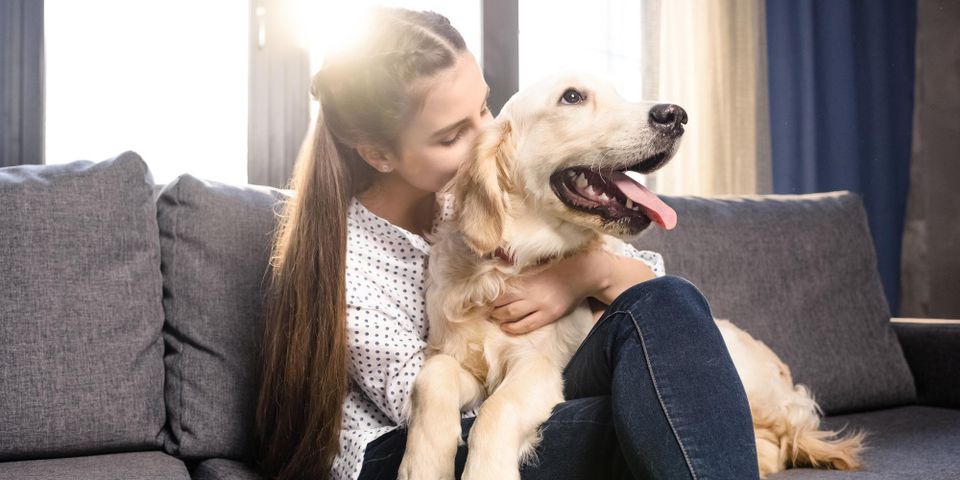
It’s important to spay or neuter your dog to ensure their health and happiness. If you’re a new pet owner, you might be confused about the spaying and neutering process. Here are answers to the questions that veterinarians commonly hear from worried pet parents.
4 Top FAQs on Spaying & Neutering Your Dog
What’s the Difference Between Spaying & Neutering?
Spaying refers to the removal of the reproductive organs of a female animal. Neutering usually refers to the removal of the testicles of a male animal, but it can be used interchangeably with either sex.
How Old Does My Dog Need to Be for Surgery?
It’s best to have your dog fixed while they’re still young. Most veterinarians perform spay or neuter surgery at eight weeks, or when the dog has reached at least two and a half pounds. Pups at this age typically make a much faster recovery than older dogs. Your veterinarian may make different recommendations based on your dog’s breed or general health.
Is the Surgery Safe?
 Most veterinarians are experienced in performing routine spay and neuter operations, meaning there’s little risk to your pet. While there’s some level of danger due to the use of anesthesia or surgical error, the likelihood of serious complications is minimal. Your pet will be monitored by veterinary staff during and immediately following the procedure, and afterwards your pet will receive pain medication to ease their recovery.
Most veterinarians are experienced in performing routine spay and neuter operations, meaning there’s little risk to your pet. While there’s some level of danger due to the use of anesthesia or surgical error, the likelihood of serious complications is minimal. Your pet will be monitored by veterinary staff during and immediately following the procedure, and afterwards your pet will receive pain medication to ease their recovery.
What Happens If I Don’t Have My Dog Fixed?
If your pet isn’t fixed, they could have litters of puppies that you may not be able to care for. There are also quite a few health risks associated with canines who aren’t fixed. Neutered male dogs on average live 18 percent longer than their un-neutered counterparts, while spayed female dogs live 23 percent longer. Dogs of both sexes are at risk of developing cancers of the reproductive organs if not fixed. Failure to spay and neuter may also lead to behavioral problems; unfixed male dogs may mark your home with urine when there’s a female in heat nearby, for example. Dogs that aren’t fixed are prone to escaping to seek mates, raising the risk that they’ll be hit by a car or otherwise injured.
If you have further questions about spay and neuter procedures or need to schedule an operation for your pet, Baraboo Valley Veterinary Clinic in Sauk County, WI, will help. This team will treat your pet like family, performing any surgical procedure with expert care and love. They’ll walk you through the entire process, from preparing your pooch to home aftercare. Schedule an appointment with a trusted veterinarian today by calling (608) 355-2882. Visit their website to see a complete listing of their veterinary services, including nutritional counseling and wellness exams.
About the Business
Have a question? Ask the experts!
Send your question

